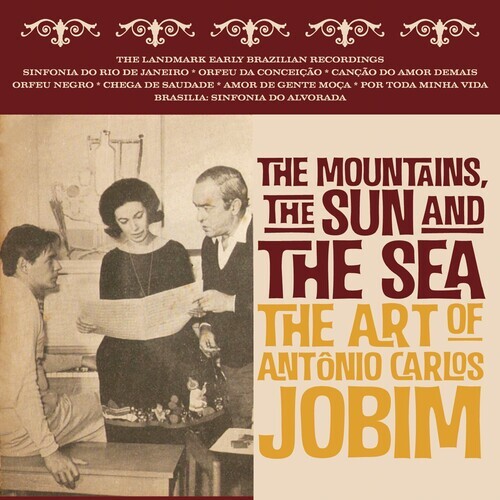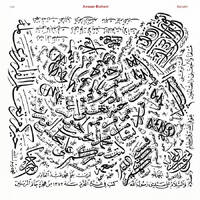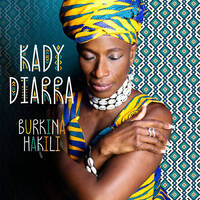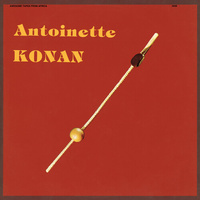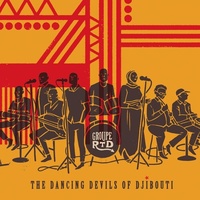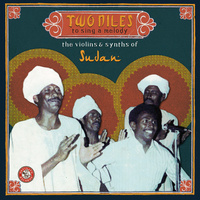Various Artists - The Mountains, The Sun & The Sea: The Art Of Antonio Carlos Jobim / 3CD set
THE MOUNTAINS, THE SUN AND THE SEA: The Art of Antônio Carlos ("Tom") Jobim, comprising the landmark early Brazilian recordings of the composer, spanning the first decade of his career; the historic albums Jobim participated in making and a quantity of his songs - 78s and singles - recorded by popular Brazilian singers of the day.
Taking much of his inspiration from nature, Jobim's music has been described as the embodiment of Brazil itself and may be considered a metaphor for the optimism of a nation that was at the time enjoying a brief period of Democracy. To a Brazilian popular music scene weighed-down by heavily orchestrated melodrama, Jobim's music came as a breath of fresh air, bringing lightness, a deceptive simplicity, space, subtlety and understatement. Whether writing alone, or with partners such as Billy Blanco, Newton Mendonça, Dolores Duran, Luiz Bonfá, or, most fruitfully and enduringly, with the poet Vinicius de Moraes, Jobim was central to a Latin-American musical revolution that would have global implications. Jobim's musical viewpoint - a lyricism born largely of his love of Chopin, Debussy, Ravel, Stravinsky and the music of his fellow-countryman Heitor Villa-Lobos - took form in the early fifties, the trajectory of his career apparent from his first hit, the delightfully breezy Lúcio Alves-Dick Farney duet, Teresa da praia, through the panoramic Sinfonia do Rio de Janeiro, a model of artistic collaboration and in it's harmonic and melodic properties, a pre-echo of bossa nova; the beautiful songs he wrote for the Orfeu da Conceição theatre production, Jobim's first collaboration with Vinicius, from which emerged the popular "Se todos fossem iguais a você" (Someone to Light Up My Life); and Canção Do Amor Demais, the programme of Tom-Vinicius compositions sung by Elizete Cardoso which represents the transitional stage between samba-canção and bossa nova. On this recording, briefly, for the first time, we hear the guitar of João Gilberto.
In 1959, Chega de saudade changed everything. Produced and arranged by Jobim, the album's twelve songs are the blueprint for bossa nova and the turning point for Brazilian culture. João Gilberto's voice is intimate and serene and he proposed an entirely new approach to the guitar, an audacious refinement of the essentials of the samba rhythm, the irresistible force of 500 percussionists in miniature; a breathtaking act of modernist art. Time was when the young Jobim had needed to peddle his compositions to local recording artists, now, following the success of Chega de saudade, singers beat a path to his door, pleading for songs. Some artists devoted entire albums to Jobim repertoire. Silvia Telles established herself early on as the foremost interpreter of the composer's work and many of her recordings deserve to be regarded as definitive. By contrast, the soprano Lenita Bruno viewed Jobim from an art song perspective, achieving a sublime result that is a remarkable showcase both for her voice and for the arrangements of her husband Leo Peracchi, one of great modernisers of popular music orchestration.
In 1958, Juscelino Kubitschek, the President of Brazil, asked Tom and Vinicius to compose a symphonic suite to be used at the opening ceremony of Brasilia, a city designed by Oscar Niemeyer and Lucio Costa, which was to be built in the state of Goiás on the central plateau. Brasilia would be inaugurated as the nation's new capital in April 1960. Neimeyer's vision would be one of history's boldest, most dramatic architectural statements that for Brazil was intended to represent a new vision for the future. The composers responded with a symphonic poem for full orchestra in five movements involving themes inspired by Brazilian folk melodies and birdsong; Stravinsky and Villa-lobos. If one song can be said to have made bossa nova and Tom Jobim's name famous the world over, it was Garota de Ipanema (The Girl from Ipanema). The very first recording of this essay in sensuality was made by the fine Brazilian singer Pery Ribeiro in 1962 (Astrud Gilberto's sandy million-selling hit would be recorded in March of the following year). Over the ensuing decades, the composition has been interpreted by a legion of international artists; the second most recorded song in pop history after Lennon & McCartney's Yesterday
(5013929335837)
| SKU | 5013929335837 |
| Barcode # | 5013929335837 |
| Brand | Cherry Red Records |
Be The First To Review This Product!
Help other Birdland Records users shop smarter by writing reviews for products you have purchased.

